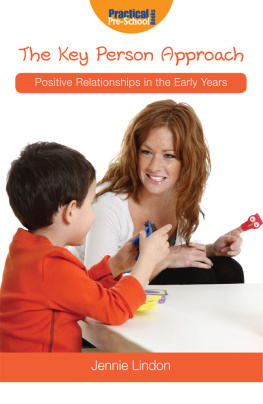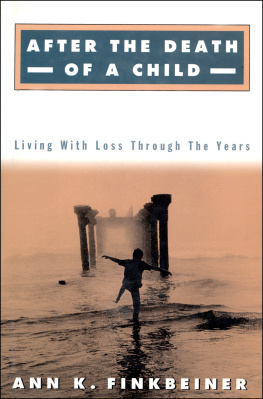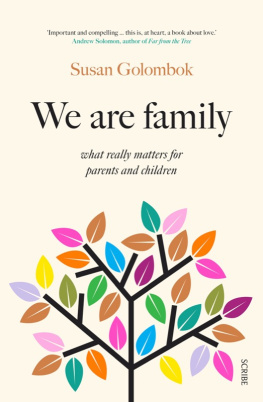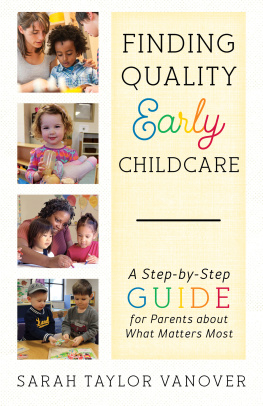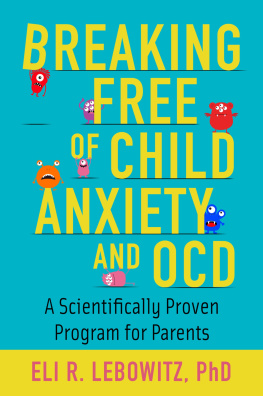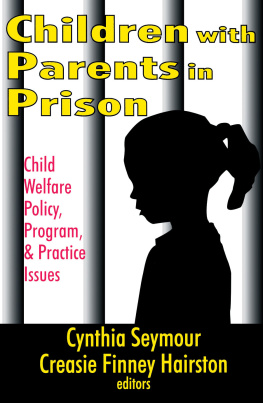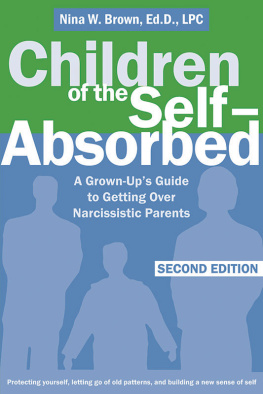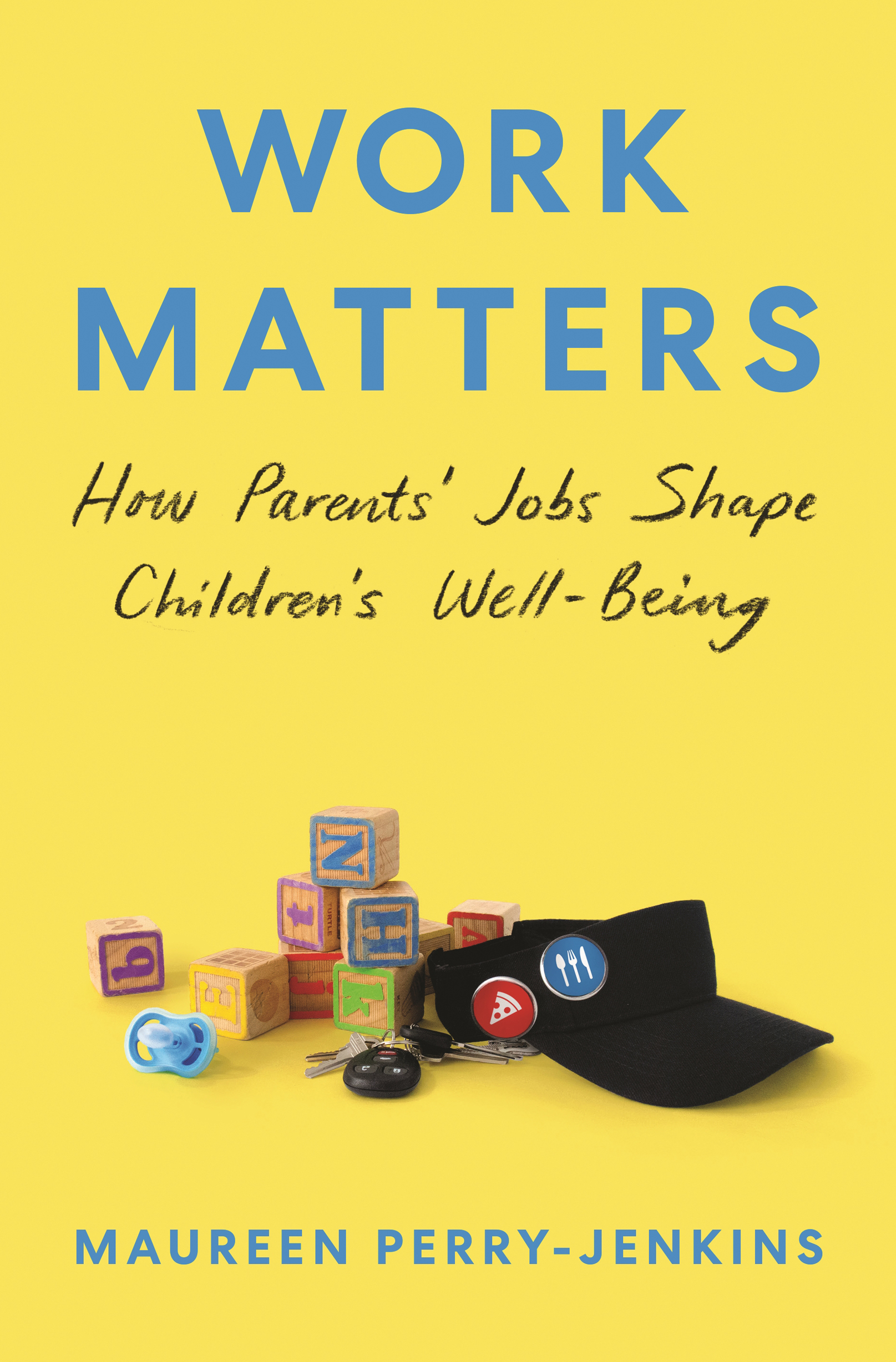WORK MATTERS
WORK MATTERS
How Parents Jobs Shape Childrens Well-Being
MAUREEN PERRY-JENKINS
PRINCETON UNIVERSITY PRESS
PRINCETON AND OXFORD
Copyright 2022 by Princeton University Press
Princeton University Press is committed to the protection of copyright and the intellectual property our authors entrust to us. Copyright promotes the progress and integrity of knowledge. Thank you for supporting free speech and the global exchange of ideas by purchasing an authorized edition of this book. If you wish to reproduce or distribute any part of it in any form, please obtain permission.
Requests for permission to reproduce material from this work should be sent to
Published by Princeton University Press
41 William Street, Princeton, New Jersey 08540
99 Banbury Road, Oxford OX2 6JX
press.princeton.edu
All Rights Reserved
ISBN 9780691174693
ISBN (e-book) 9780691185866
Version 1.0
British Library Cataloging-in-Publication Data is available
Editorial: Meagan Levinson and Jacqueline Delaney
Production Editorial: Sara Lerner
Text Design: Karl Spurzem
Production: Erin Suydam
Publicity: James Schneider and Kathryn Stevens
Copyeditor: Kathleen Kageff
Jacket photo and design by Amanda Weiss
CONTENTS
- vii
- xi
PREFACE
The idea for this study first emerged during an interview with a thirty-two-year-old mother, whom I will call Jodie, who worked in a food packing plant. As a newly minted assistant professor at the University of Illinois, I set out to study the experiences of working-class parents who were raising school-aged children. Jodie, one of the participants in my initial study, had just come home from her job at the nearby food plant, and I was asking her about the challenges facing her and her husband. They were managing split shifts at work while dealing with the busy schedules of their two children, who played sports, attended church activities twice a week, and needed help with their endless amounts of homework. As she described her typical day, she suddenly stopped and said, You know, compared to when my kids were little, this is nothing. This is a piece of cake. Going back to work after a few weeks and leaving my new baby with someone else. Now that was hell. She then looked at me and said, That is really the study you should be doing.
I pondered Jodies words all the way home. I knew there was an enormous literature on the initial transition to parenthood, but what did we know about the transition back to work after having a baby? I soon discovered that we didnt know much, and what we did know focused primarily on White, middle-class, two-parent families. The limited research indicated that, despite having far more resources than low-income families to manage this second transition, these families still found returning to work to be incredibly difficult. How, then, did low-income families cope with work while becoming new parents, and how did that process affect their own and their childrens well-being?
The study described in this book was an attempt to answer those questions. Specifically, it was an attempt to examine how the transition to parenthood, coupled with the second transition back to paid employment soon after birth, affected new parents mental health, their ability to parent, and, ultimately, their childrens development. The research you will read about was twenty years in the making and made possible by the commitment of twenty graduate students and literally hundreds of undergraduates. Our work has generated numerous scholarly articles, but in contrast to these prior publications, which focus primarily on the information from parent and child questionnaires, the aim of my book is to look behind the numbers to tell the deeply personal stories of new mothers and fathers trying to be good workers, good partners, and good parents in the face of immense challenges. The parents in this study allowed us to audiotape their answers to myriad questions about their struggles and successes, as well as videotape interactive activities between them and their children. Many agreed to participate because they wanted to make a difference for others. They hoped that their stories could highlight the challenges faced by low-income families and point to places where changes in workplace, state, and federal policies could support families raising the next generation. These parents are the heroes of this book.
As my team and I followed these families through one of the most momentous and meaningful events in their livesbecoming a parentwe were humbled and awed by their ability to rise above the business and disruptions of daily life to create meaningful lives. Depending on when we walked into their lives, we witnessed very different scenarios. Sometimes we found them coping well with their newborn but facing tremendous obstacles as they transitioned back to work. At other times, work served as an escape, or at least a reprieve, from caring for a difficult child. One fact became crystal clear over the course of this project: there is no one story reflecting a monolithic experience for low-wage, working parents and their children. Instead, there are many different stories, which together reveal the varied ways that families and workplaces interact, morph, conflict, and cooperate to shape lives.
Despite the vast range of family experiences you will read about in this book, there were also some consistent themes that emerged. For example, almost all families were coping with the stress of securing and maintaining affordable, quality child care. Most had short, unpaid parental leaves and had to return to their paid jobs far sooner than they wanted. Yet, nearly all expressed having a new sense of purpose in life, feeling a deep sense of responsibility for this new child, and also feeling new hope and excitement.
All the stories shared in this book provide lessons about how to cope effectively during this stressful transition; more importantly, they provide lessons about the ways in which workplace policies and conditions could be changed to support new parents and the healthy development of their children. Finally, I hope these stories challenge us all to rethink our values regarding the attention and care we give to both parents and children in our society, and recognize that under the right conditions, parents do not have to feel torn between work and family, but rather enriched by both.
As I was finishing this book, the world was hit with a pandemic the likes of which had not been seen for nearly a century. The financial hardships brought on by Covid-19 have fallen most heavily on low-income workers, who are the least able to withstand the financial shock. Many of the families who participated in this project are suffering. Those I talked with during the early months of the pandemic were receiving unemployment and limping along, but many were concerned that their benefits would expire before they were able to return to work. In these circumstances, the dire need to have a job eclipsed any discussion of job satisfaction or supports. In a challenging economy, our efforts to improve workplace policies and conditions often come to a swift halt, and we return to the most basic needbringing in a paycheck. However, we must not be shortsighted. We need to remember that the next generation, who are children now, are being shaped by the financial and work challenges facing families at this very moment. What we do to support low-wage workers, hit the hardest by this event, will be critical for the health and well-being of working parents and their children.


